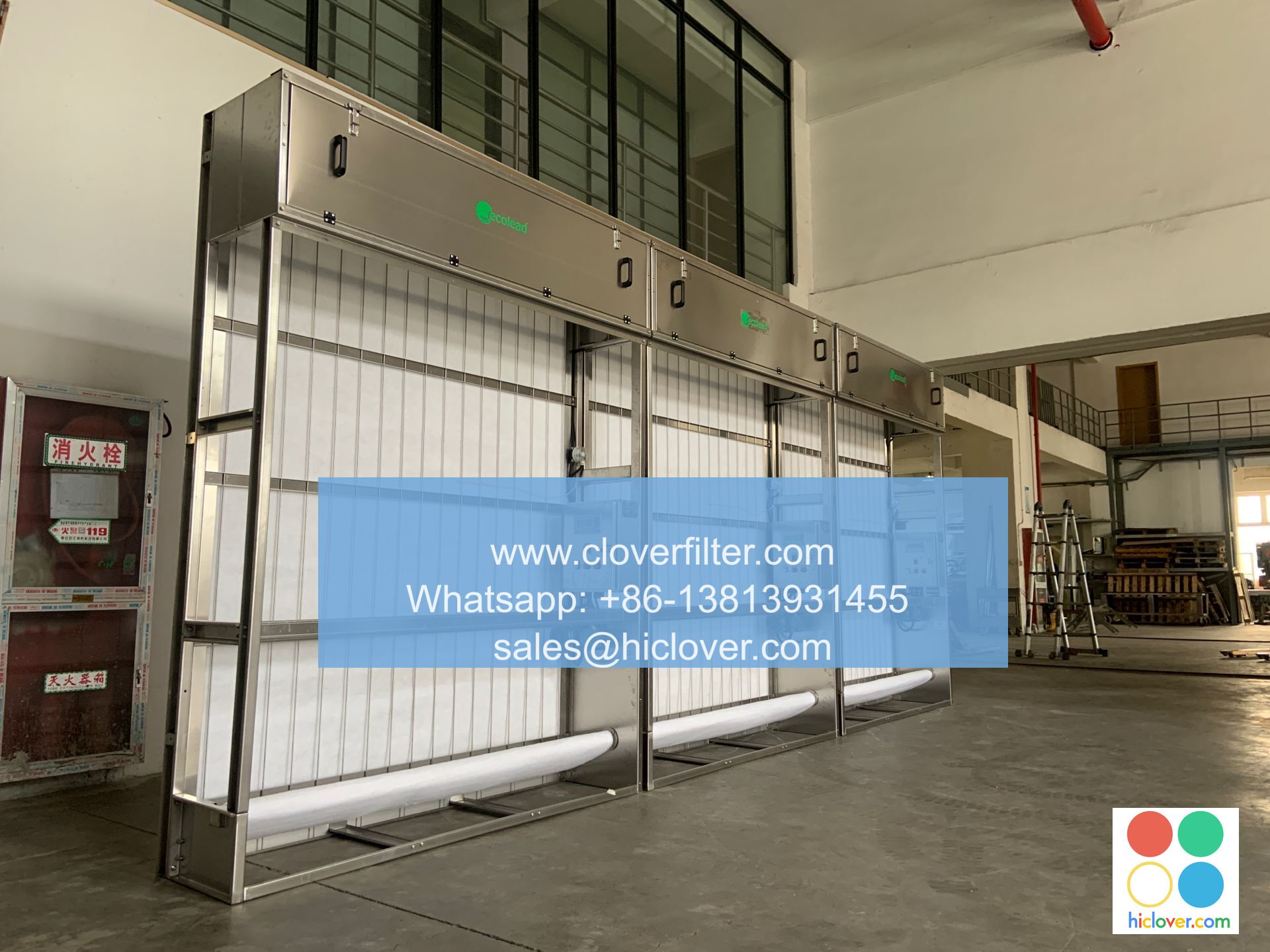The Importance of Industrial-Grade Air Filtration in Manufacturing Facilities

The Importance of Industrial-Grade Air Filtration in Manufacturing Facilities
Introduction
Industrial-grade air filtration is a crucial aspect of maintaining a safe and healthy work environment in manufacturing facilities. With the increasing awareness of air quality and its impact on worker health, it’s essential for manufacturers to invest in high-quality air filtration systems that can effectively remove contaminants, particles, and pollutants from the air. In this article, we’ll explore the importance of industrial-grade air filtration in manufacturing facilities and highlight various application areas where it’s crucial.
Benefits of Industrial-Grade Air Filtration
Industrial-grade air filtration offers numerous benefits to manufacturing facilities, including:
- Improved Air Quality: Industrial-grade air filtration systems can remove 99.97% of particles as small as 0.3 microns, including dust, pollen, and other airborne contaminants, ensuring a cleaner and healthier work environment.
- Increased Productivity: By removing airborne contaminants, industrial-grade air filtration systems can improve worker productivity and reduce absenteeism due to respiratory issues.
- Extended Equipment Life: Industrial-grade air filtration systems can help extend the life of equipment and machinery by removing contaminants that can cause wear and tear.
- Reduced Maintenance Costs: By reducing the amount of dust and debris that enters equipment, industrial-grade air filtration systems can reduce maintenance costs and extend the lifespan of equipment.
- Electronics Manufacturing: Industrial-grade air filtration is essential in electronics manufacturing facilities to remove particles and contaminants that can damage sensitive electronics components.
- Pharmaceutical Manufacturing: Pharmaceutical manufacturing facilities require industrial-grade air filtration systems to ensure that airborne contaminants are removed, meeting strict regulatory requirements.
- Food Processing: Industrial-grade air filtration systems are critical in food processing facilities to remove particles, dust, and other contaminants that can contaminate food products.
- Automotive Manufacturing: Industrial-grade air filtration systems are used in automotive manufacturing facilities to remove particles and contaminants that can damage paint, coatings, and other finishes.
- HEPA (High-Efficiency Particulate Air) Filters: HEPA filters are designed to remove 99.97% of particles as small as 0.3 microns.
- Activated Carbon Filters: Activated carbon filters are designed to remove gases, odors, and chemicals from the air.
- Electrostatic Precipitators: Electrostatic precipitators use electrostatic charges to attract and remove particles and contaminants from the air.
- Centrifugal Separators: Centrifugal separators use centrifugal force to separate particles and contaminants from the air.
Application Areas
Industrial-grade air filtration is crucial in various application areas within manufacturing facilities, including:
Types of Industrial-Grade Air Filtration Systems
There are several types of industrial-grade air filtration systems available, including:
Conclusion
Industrial-grade air filtration is a critical aspect of maintaining a safe and healthy work environment in manufacturing facilities. By removing airborne contaminants, industrial-grade air filtration systems can improve air quality, increase productivity, extend equipment life, and reduce maintenance costs. Whether it’s electronics manufacturing, pharmaceutical manufacturing, food processing, or automotive manufacturing, industrial-grade air filtration systems are essential in various application areas.
I’m here to help! What would you like to talk about or what would you like me to assist you with? Do you have a specific topic in mind or a question you’d like to ask? I’m all ears!


